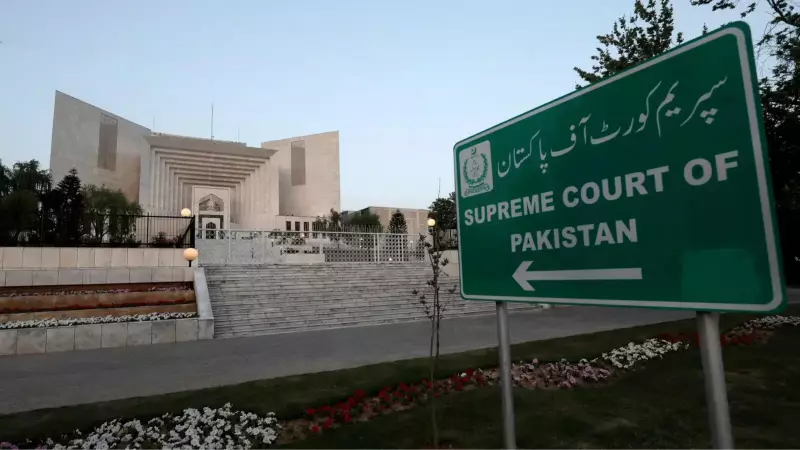
Pakistan's political landscape faces a fresh challenge with the introduction of a new constitutional amendment that critics argue undermines judicial independence and accelerates a slide towards authoritarianism. The 27th Constitutional Amendment, recently tabled in parliament, seeks to fundamentally alter the country's judicial structure, raising profound questions about the future of governance and democracy.
A Pattern of Democratic Regression
This latest move is seen by observers as part of a broader, unsettling pattern that has been unmistakable over the past three years or more. The amendment reinforces a trend of democratic regression, where state institutions are being reshaped to concentrate power. The situation prompts a critical question: Is Pakistan moving towards a government-compliant court, or an army-compliant government?
The Shadow of the 26th Amendment
The current legislative effort echoes the controversial passage of the 26th Constitutional Amendment last year. That process was marked by a severe lack of transparency. Parliament adopted the 26th Amendment in the darkness of night, with lawmakers not even provided the final text of the bill before it was tabled. The entire legislative process was over in a matter of hours, bypassing thorough debate and scrutiny.
Implications for Governance and Democracy
The proposed changes to the judicial structure have significant implications. By altering the foundational pillars of the judiciary, the amendment could affect the balance of power among state institutions. This move threatens to erode the judiciary's role as a check on executive and legislative power, potentially creating a system where the courts are more aligned with the government of the day rather than acting as an independent arbiter of the constitution and law.
Analysts like Maleeha Lodhi have highlighted these developments as indicative of Pakistan's broader slide into authoritarianism. The speed and secrecy surrounding these constitutional changes suggest a deliberate effort to avoid public and political opposition, fundamentally altering the democratic fabric of the nation without robust discussion.






